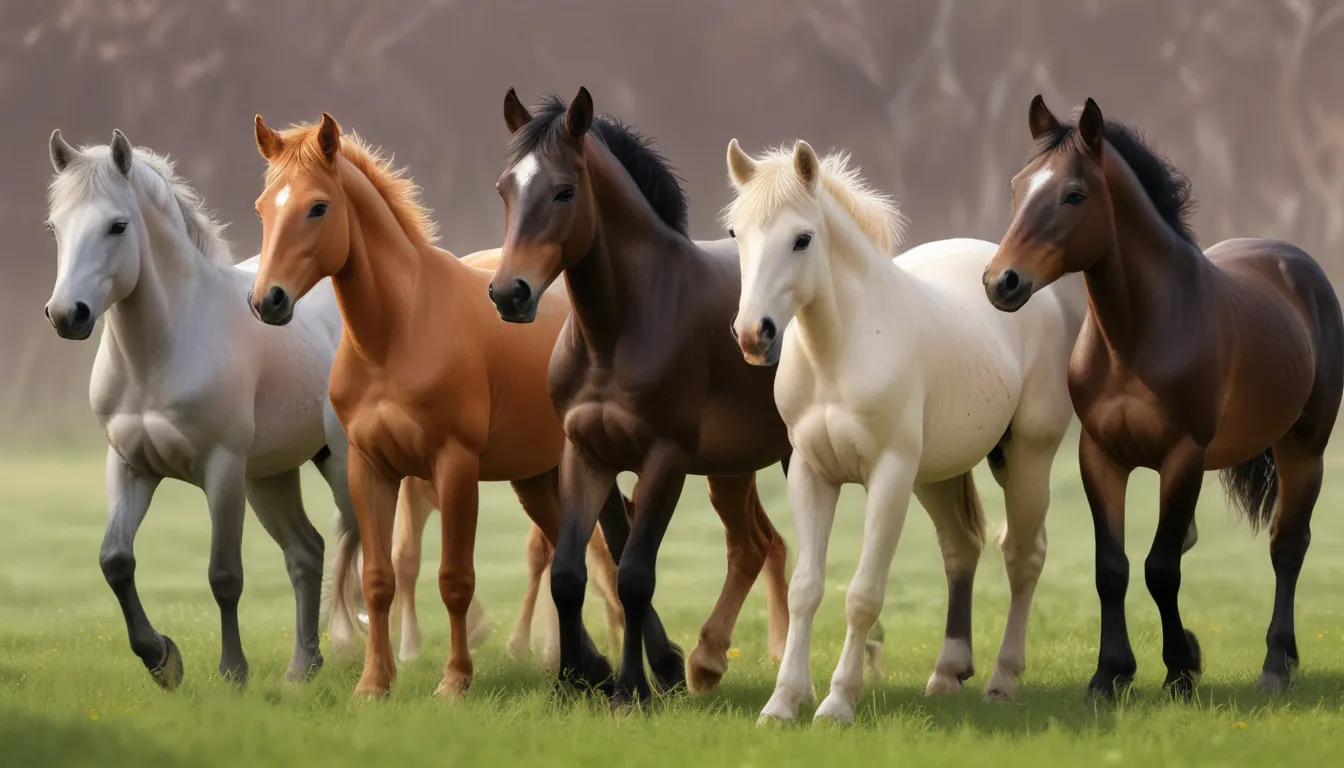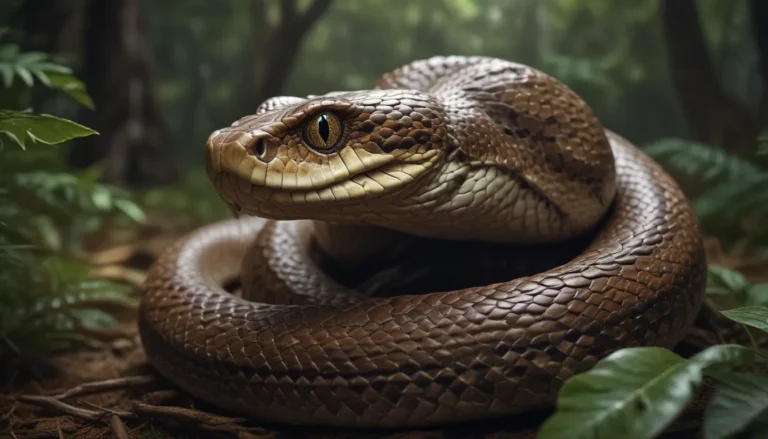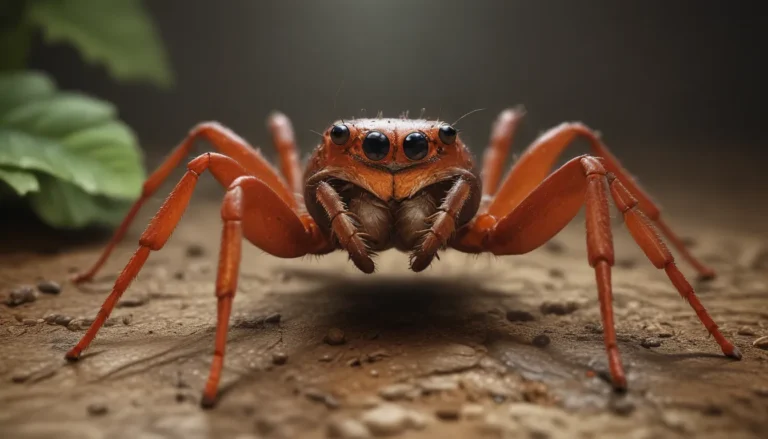The pictures we use in our articles might not show exactly what the words say. We choose these pictures to make you interested in reading more. The pictures work together with the words but don’t take their place. The words still tell you the important facts.
Are you ready to immerse yourself in the captivating world of foals? These young horses possess a charm and beauty that is hard to resist. From their rapid growth and playful nature to their unique coat markings and natural curiosity, foals have a way of captivating the hearts of horse enthusiasts worldwide. In this comprehensive guide, we'll delve into 20 amazing facts about foals that will expand your knowledge and deepen your appreciation for these adorable, energetic, and curious creatures. So, let's embark on a journey into the enchanting world of foals!
Key Takeaways:
- Foals are born with remarkable instincts and abilities, such as standing and walking within an hour of birth. Their rapid growth and playful demeanor make them fascinating creatures to observe and interact with.
- From their close bond with their mothers to their ability to explore their surroundings with curiosity, foals exhibit intelligence and adaptability that are truly remarkable.
Foals: The Young Stars of the Equine World
Foals are baby horses born after an average gestation period of 11 months. These adorable creatures are the offspring of adult horses and are known for their playful nature and curious personalities. It is incredible to witness how quickly foals are able to stand and walk within an hour of being born, showcasing their rapid development and adaptability to their new environment.
Early Development and Growth
Foals are born with a soft, fuzzy hair coat that helps keep them warm. This coat will eventually shed as they mature into adulthood. They start nursing from their mother shortly after birth, receiving essential nutrients for their growth and development. It's heartwarming to see how foals have a strong instinct to follow their mother, staying close to her for protection and learning important skills through observation and mimicry.
Socialization and Play
Foals begin eating solid food such as grass and hay within a few weeks of birth, marking an important stage of their development as they transition away from relying solely on their mother's milk. During their first year of life, foals experience rapid growth, sometimes doubling or tripling their initial size. Their playful nature shines through as they engage in social interactions with other foals, helping them develop crucial social skills and establish a hierarchy within their group.
Transformation and Independence
As foals grow older, they begin the process of being weaned from their mother's milk at around 4 to 6 months of age. This gradual transition to a diet of solid food is essential for their independence and development. Their natural curiosity leads them to explore their surroundings, investigating new objects and environments with great interest. Each foal has unique markings on their coat that can be used to identify them individually, ranging from spots and stripes to distinctive patterns.
Training and Communication
Foals form strong bonds with their caretakers and can be trained to perform various tasks. Careful and patient training is necessary to ensure their safety and well-being. These young horses have a keen instinct for self-preservation, quickly assessing potential dangers in their environment. They communicate with their mother and other horses through a combination of body language, vocalizations, and gestures, forming social bonds and expressing their needs effectively.
Health and Wellness
Foals require regular veterinary care, including vaccinations and deworming, to ensure their health and well-being. Regular check-ups and preventive measures are vital for their long-term growth and development. Foals have a natural gift for running and can reach impressive speeds even at a young age, showcasing their athleticism and agility.
The Joy of Foals
Foals bring boundless joy and happiness to horse lovers around the world. Their innocence, curiosity, and playful nature make them a delightful addition to any equestrian setting. By understanding the various stages of a foal's life, we can ensure their well-being and offer the necessary care they need to thrive. Whether you're a horse enthusiast or simply appreciate the beauty of these majestic animals, learning about foals is a rewarding experience that deepens our admiration and connection to the animal kingdom.
FAQs:
Q: How long does a foal stay with its mother?
A: Foals typically stay with their mothers for about 6 months to a year, depending on the individual and herd dynamics.
Q: What should be the diet of a foal?
A: A foal's diet consists mainly of its mother's milk during the first few months of its life, gradually transitioning to solid food.
Q: How much exercise does a foal need?
A: Foals naturally get exercise through play and exploration in the pasture, striking a balance between activity and rest is essential.
Q: When can a foal be weaned?
A: Foals are usually weaned between 4 and 6 months of age, with a gradual transition to solid food.
Q: How do you socialize a foal?
A: Foals socialize by interacting with their mothers and herd members, exposure to different environments and positive reinforcement training can aid in their socialization.
Delve deeper into the enchanting world of foals by exploring their unique traits and development. For a change of pace, consider uncovering astounding facts about Yannis Philippakis, a talented musician with a fascinating story. Dive into the world of foals and let their charm and beauty captivate your heart.
Was this page helpful? Our commitment to delivering trustworthy and engaging content is at the core of what we do. Each fact on our site is contributed by real users like you, ensuring diverse insights and information. Trust in our dedication to quality and authenticity as you explore and learn with us.






